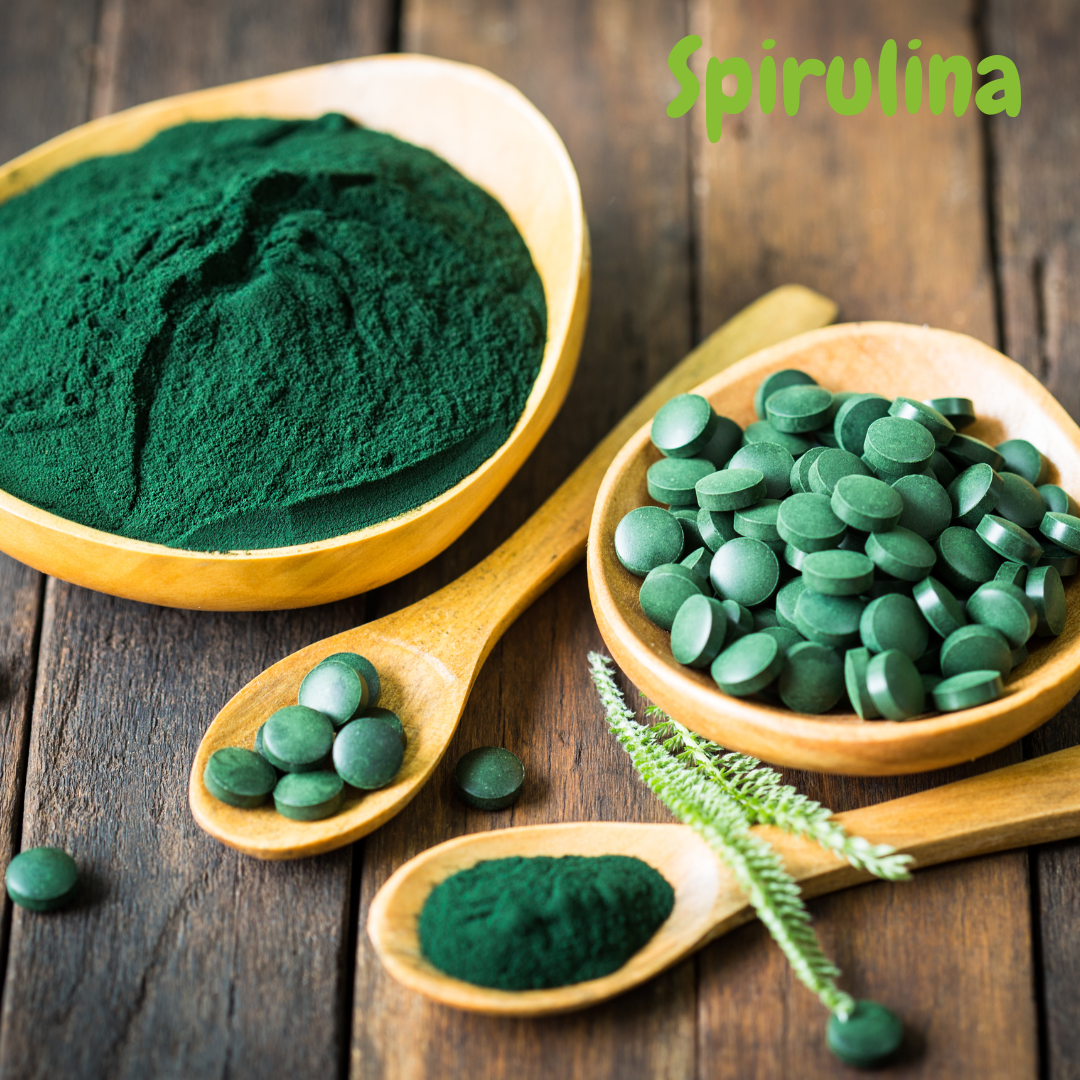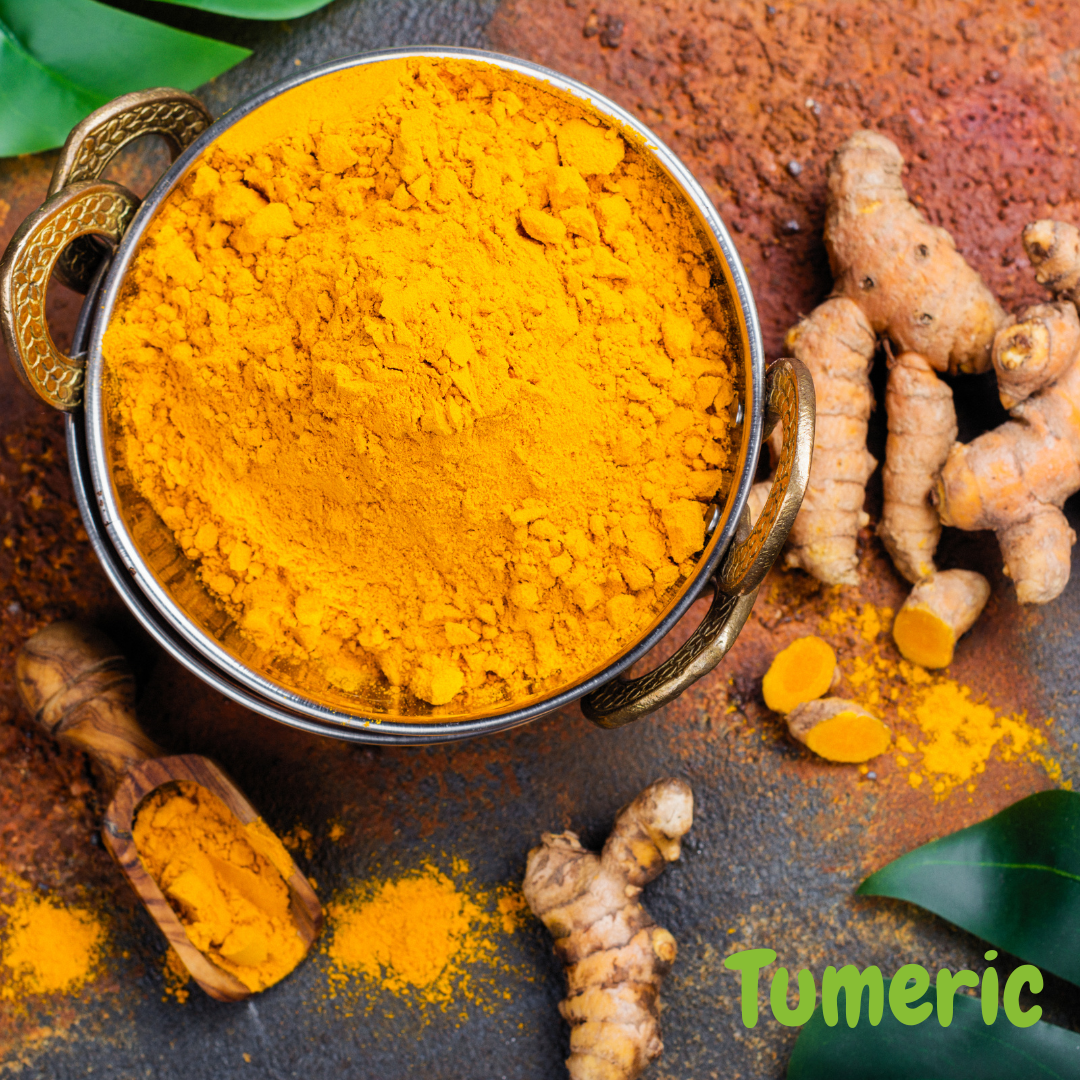Health Benefits of Spirulina

Health Benefits of Spirulina
Spirulina is a blue-green algae that offers a wide array of health benefits:
Nutritional Powerhouse: Spirulina is rich in protein, vitamins B1, B2, and B3, copper, iron, magnesium, potassium, and manganese. It’s also a good source of essential fatty acids, which include omega-3 and omega-6 (Dr. Axe).
Heart Health: It may help reduce cholesterol levels and improve blood lipid profiles, which is beneficial for heart health. Its anti-inflammatory properties also play a role in preventing hardening of the arteries (Cleveland Clinic).
Antioxidant Properties: Spirulina contains powerful antioxidants that help protect cells from damage. This includes phycocyanin, which also gives spirulina its unique color (Dr. Axe).
Allergy Relief: Regular consumption of spirulina might help alleviate allergy symptoms, such as a runny nose, especially for those allergic to pollen, animals, and other common allergens (Cleveland Clinic).
Dental Health: Studies have shown that spirulina can reduce dental plaque and prevent gingivitis thanks to its antimicrobial and antibacterial properties (Cleveland Clinic).
Improves Endurance and Muscle Strength: Some evidence suggests that spirulina can improve muscle strength and endurance, making it a popular supplement among athletes (Dr. Axe).
While spirulina is generally safe and beneficial, it’s important to consult with a healthcare provider before starting any new supplement regimen, especially if you have underlying health conditions or are taking other medications. Spirulina products should be chosen carefully to avoid contamination, and it’s recommended to start with a small dosage to see how your body reacts (Dr. Axe).










